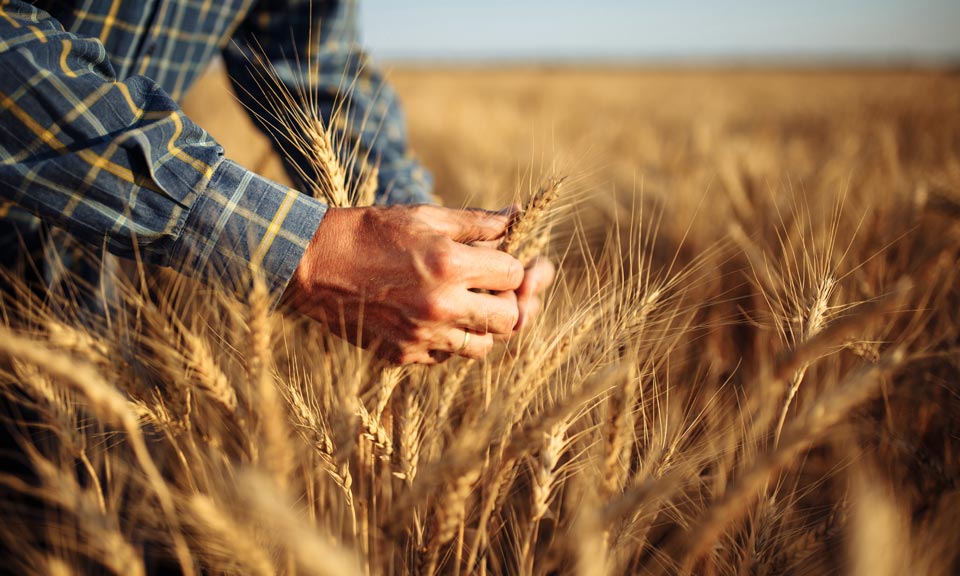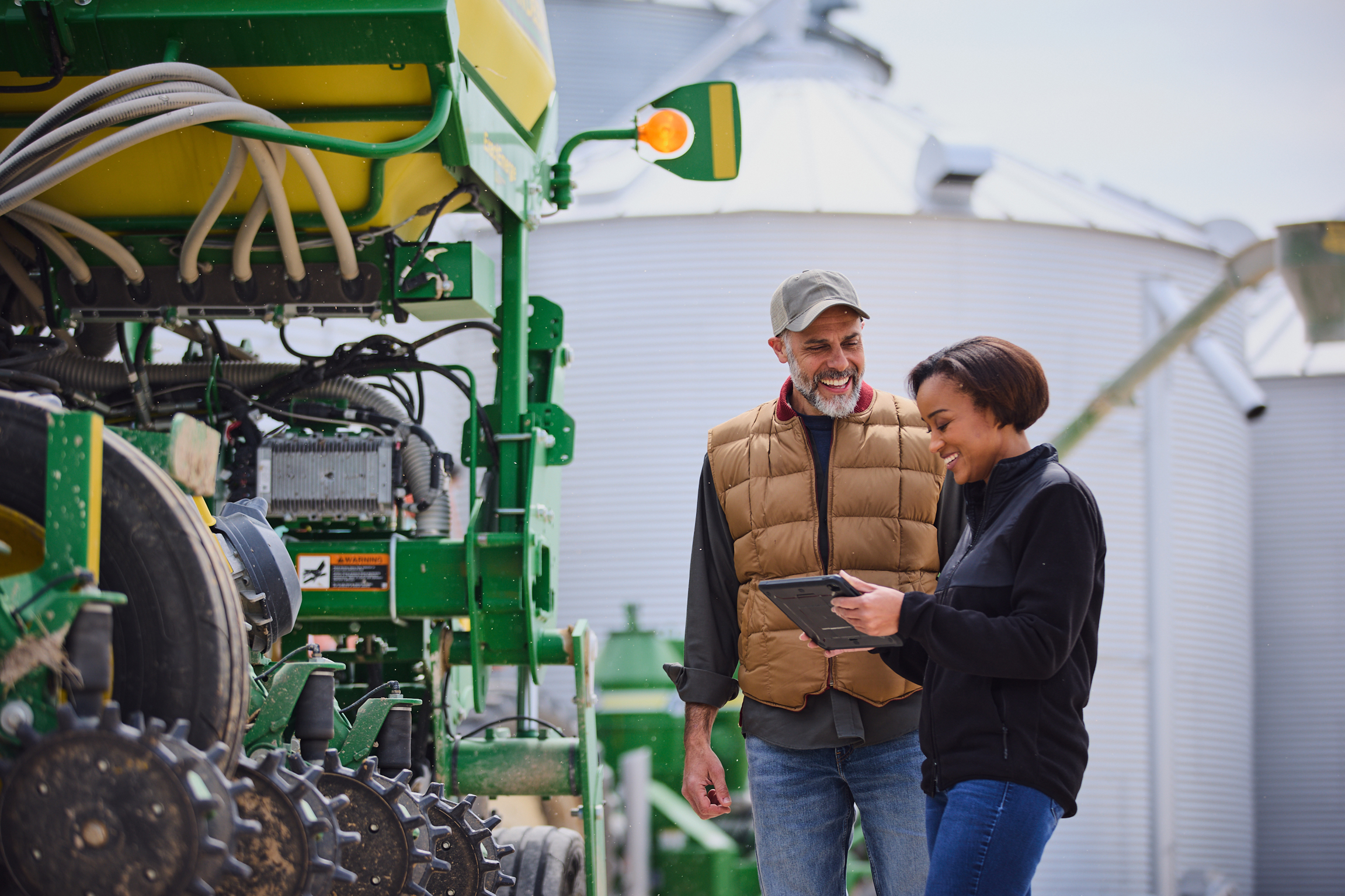Top wheat importers rush to market as Ukraine deadline approaches

Three of the world's biggest wheat importers, Egypt, Algeria and Saudi Arabia all held tenders in the week ending Nov. 11 as volatility grew alongside uncertainty over Russia's willingness to obstruct exports from Ukraine's Black Sea ports.
The price of Black Sea wheat hit a 12-month low of $304/mt on Oct. 26 but had jumped $17/mt by Oct. 31 after Russia said shipowners could no longer count on the safety of vessels visiting Pivdennyi, Odessa and Chornomorsk, which together handled most of the country's pre-war grain exports.
Within two days, Russia had returned to the terms of the Black Sea Grain Initiative, the agreement that guaranteed the safety of grain and fertilizer shipments from those ports until Nov. 19.
Russia's short-lived withdrawal from the agreement was based on a complaint about its implementation. In the final days of October, grain traders had been preoccupied by delays to the inspection process for ships entering the ports, rather than the possibility that Russia might immediately stop all shipments.
The UN-brokered agreement was signed in mid-July, and it is now uncertain whether Russia will attempt to block an extension when the initial four-month period of protection ends on Nov. 19.
A direct block would likely trigger another spike in prices. Most traders consider that unlikely, but the risk has complicated the calculations for those wishing to take part in the tenders for Egypt, Algeria and Saudi Arabia.
In Egypt on Nov. 7, GASC received offers for a total of 1.35 million mt of wheat shipped in the second half of December or first half of January but rejected them all. Then on Nov. 11, traders said the company had bought 280,000 mt of Russian wheat outside the tender process for $363.5/mt CNF, more than $6/mt below the lowest offer in the tender. That was GASC's first purchase since Sept. 1.
In Algeria on Nov. 9, traders said OAIC booked around 510,000 mt of wheat for shipment in December at prices around $368/mt CFR Algeria. The company bought twice in October.
Saudi Arabia tendered Nov. 11 for 595,000 mt of milling wheat for April-June arrival, but the outcome wasn't immediately known. It last bought on Oct. 21.
The fear of greater price volatility in the weeks ahead may be one driver behind the timing of the three tenders. Egypt was also constrained by domestic economic concerns and a $3 billion loan that came through from the International Monetary Fund on Oct. 27.
In 2022, global grain prices have experienced their most volatile period in more than a decade. Prior to Russia's invasion of Ukraine, the two countries provided around a third of the wheat and corn that were traded globally.
Platts, part of S&P Global Commodity Insights, assessed Russian wheat with 12.5% protein, the region's most widely traded milling grade, at $318/mt on Nov. 10. That is around $130/mt less than the price of milling wheat in the Black Sea at the start of March, when Ukraine's Black Sea ports had just closed and trade finance options for Russia were closing up.

News
Bayer AG has announced the pilot of an expert generative AI (GenAI) system that “quickly and accurately” answers questions related to agronomy, farm management and Bayer agricultural products. The pilot has been developed in collaboration with Microsoft as leading technology partner and Ernst & Young (EY) as an industry partner, the company said. The system is the result of Bayer using proprietary agronomic data to train a large language model (LLM) with years of internal data, insights from thousands of trials within its vast testing network and centuries of aggregated experience from Bayer agronomists around the world, the company said. “Our unique GenAI system has the potential to serve agronomists and benefit farmers all over the world, further advancing AI as an indispensable technology for agriculture,” said Amanda McClerren, CIO and head of digital transformation & information technology for Bayer’s crop science division. Bayer said it is exploring ways to integrate the expert GenAI system into its digital offerings, and the company anticipates broad opportunities for collaboration with other agricultural offerings and partners. “Bayer aims to expand the pilot of the expert GenAI system to selected agronomists and potentially farmers as early as this year, while continuing to advance a separate GenAI prototype allowing users to directly query their own farm data,” the company said. In addition, the partnership between Bayer and Microsoft enables the company to bring ready-made capabilities, AgPowered Services, to the agri-food industry, such as Bayer’s Historical Weather that brings a comprehensive weather dataset to Azure Data Manager for Agriculture that spans the last 40 years and provides detailed, field-level weather insights across global agricultural regions, the company said. Integrating tools from IBM, including from the IBM Environmental Intelligence Suite, the new capability, which was previously available for internal use only, can inform weather risk assessments and actuary processes, Bayer said. It will also be used by Bayer and others to forecast crop seasonality and production changes year over year, as well as train agronomic models, it said. Meanwhile, Bayer is developing a connector that enables access to irrigation data from Lindsay Corp., an industry-leading irrigation solution provider. This expands the data types available to Azure Data Manager's enterprise customers, making it possible for them to connect to irrigation data in the same way as weather, imagery, original equipment manufacturer (OEM) and other data types, the company said. The new cloud offerings will also support regulatory and sustainability reporting, such as providing supply chain traceability that can help ensure compliance with new laws such as the EU Deforestation Regulation, which is expected to go into effect at the end of 2024, Bayer said. This article was first published in chemweek.com. Photo credit: Bayer

News
Asia has seen the fastest growth in biofuels production and exports globally, driven by government policies and export markets for feedstocks. To capitalize on the boom, governments have rapidly pushed out biofuel mandates focused around their country’s main agricultural products. Presently, the largest biofuel producers in the region are China, India, Indonesia, Malaysia, the Philippines and Thailand. Here’s a ready reckoner for Asia’s major biofuel policies along with production, trade and prices. Click for the full-size infographic